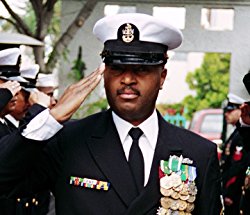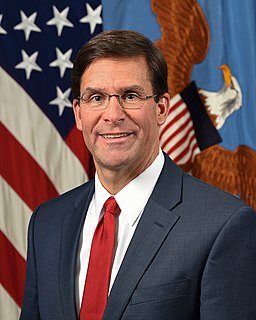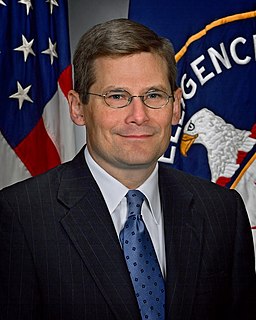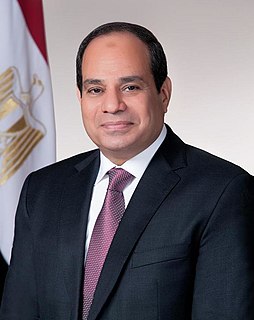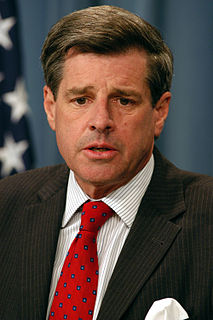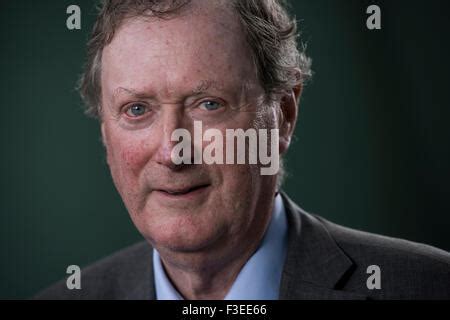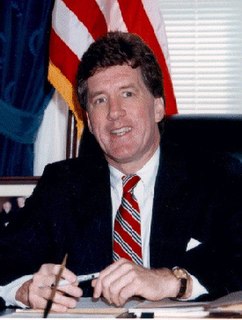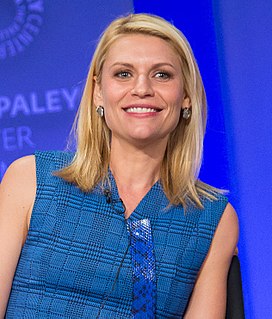Top 67 Counterterrorism Quotes & Sayings
Explore popular Counterterrorism quotes.
Last updated on April 14, 2025.
I'm over here with the French counterterrorism experts talking about the 'Charlie Hebdo' case, how we can stop foreign fighters from coming out of Iraq and Syria to Europe, but then we have this phenomenon in the United States where they can be activated by the Internet, and, really, terrorism has gone viral.
As a former undercover CIA officer, I've worked with my colleagues in the 114th Congress to approach the growing terrorist threat from a number of angles, including addressing the issue of terrorists' ease of travel, combating terrorist recruitment strategies, and improving our own counterterrorism capabilities.
The misunderstandings - or, what really bothers me are the intentional misrepresentations of the facts, which take place on a fairly regular basis. To think that we, people who are involved in counterterrorism, do not care about civilian casualties or deaths or injuries, is just totally, totally wrong.
The scientific community should work as hard as possible to address major issues that affect our everyday lives such as climate change, infectious diseases and counterterrorism; in particular, 'clean energy' research deserves far higher priority. And science and technology are the prime routes to tackling these issues.
I want to improve TSA's counterterrorism focus through intelligence and cutting edge technology, support the TSA workforce, and strengthen the agency's relationships with stakeholders and the traveling public. All of these priorities are interconnected and are vital to TSA's mission - and I would say, all of our collective mission.
It's not just Bin Laden or just those that are involved in the counterterrorism effort. We've gotta cast the net broader than that. But I think it's a - very special tribute that we all owe to the bravery and courage of the men and women in the intelligence and military business who performed so well to finally get it done.
The dark space is one of the biggest concerns on the part of counterterrorism officials right now. Comey did a good job of explaining how they jump into a direct messaging box and then go into platforms designed specifically to be secure. There's no way, even if we have a lawful court order, to be able to access those communications.
The actions that we take on the counterterrorism front, again, are to take actions against individuals where we believe that the intelligence base is so strong and the nature of the threat is so grave and serious, as well as imminent, that we have no recourse except to take this action that may involve a lethal strike.
Iraq broke our back in terms of counterterrorism. There's no doubt about it. The first thing, though, that hurt us was the fact that the U.S. military was absolutely unprepared to do anything on 9/11 - or 9/12 or 9/13. And by the time we actually attacked Afghanistan, al Qaeda and the Taliban had dispersed.




